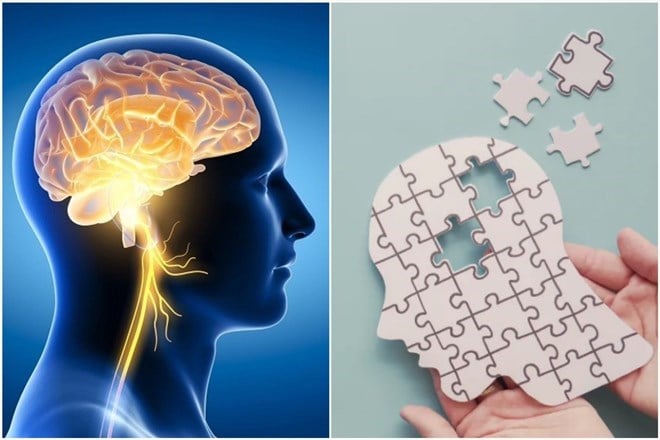
How does your brain react when you're exhausted?
Today, burnout has become an all too familiar reality for many individuals, especially in stressful, harsh work environments.
Ms. Neha Cadabam, senior psychologist, Director of Cadabams & Mindtalk Hospital (India) said that in the brain, high stress hormones such as cortisol can shrink the hippocampus, an important area for memory and learning ability.
“This can make it harder to concentrate, remember things, and make decisions,” notes Neha Cadabam.
Another area affected by burnout is the prefrontal cortex (PFC). It handles planning, focus, and emotional regulation.
Exhaustion weakens the connection between the PFC and the amygdala — an almond-shaped cluster of cells located near the base of the brain that plays a key role in shaping and regulating our emotions.
This can leave you feeling constantly uncomfortable with negative emotions like frustration and irritability and chronic stress…
“Chronic stress and burnout are like a double whammy to your cognitive abilities and emotional health,” says Neha Cadabam.
Burnout can also reduce your motivation and enjoyment of life, says Neha Cadabam. This is because chronic stress reduces the production of dopamine, a feel-good chemical that is released when you achieve something or experience something enjoyable.
Ways to Help Your Brain Recover After Exhaustion
Techniques like mindfulness meditation, exercise and spending time in nature have all been shown to reduce stress hormones, Cadabam advises.
Additionally, activities that challenge the brain in a positive way, including learning a new skill or playing a game, can help strengthen neural connections.
Finally, don't underestimate the power of sleep. When you sleep, your brain consolidates memories, processes emotions, and recharges for the next day.
Source: https://laodong.vn/suc-khoe/kiet-suc-anh-huong-den-nao-bo-nhu-the-nao-1379623.ldo



















































![[Maritime News] More than 80% of global container shipping capacity is in the hands of MSC and major shipping alliances](https://vphoto.vietnam.vn/thumb/402x226/vietnam/resource/IMAGE/2025/7/16/6b4d586c984b4cbf8c5680352b9eaeb0)













































Comment (0)